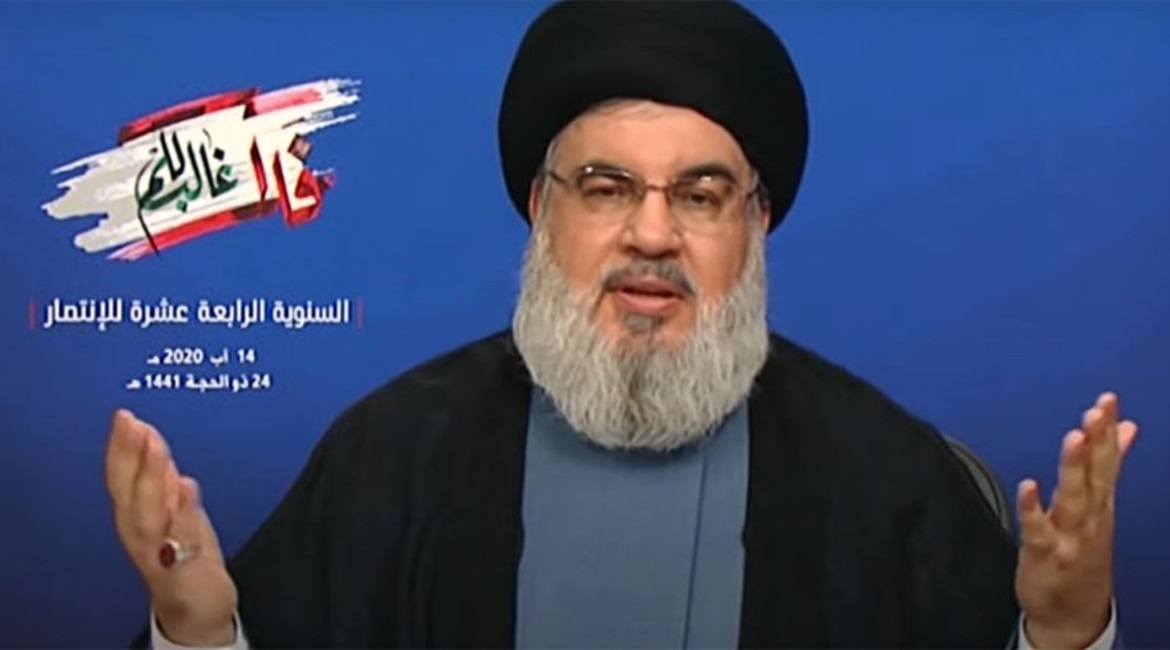
Lebanon faces an economic and political crisis of an existential nature. The cumulative effects of decades of sectarian-based corruption, a currency described by economists as akin to a Ponzi scheme, constant insecurity on the southern border with Israel, and the complete collapse of neighbouring Syria into the ravages of civil war had already resulted in widespread protests demanding widespread reforms. This protest movement raised tensions with Hizbullah over the group’s support for what it admits is a corrupt establishment because any major reforms to Lebanon’s political system will inevitably need to address Hizbullah’s independent security apparatus and huge arsenal of weapons.
It was within this socio-political context that a major explosion occurred at the Port of Beirut on 4 August, seemingly the result of the improper storage of 2,750 metric tonnes of ammonium nitrate for six years. More than 200 people were killed, as many as 300,000 were made homeless, and approximately USD3 billion in direct damage was caused, in addition to an estimated collective economic loss of USD15 billion. Six days later, after days of furious anti-government protests, former prime minister Hassan Diab announced that the government had resigned, although it will remain in a caretaker capacity until fresh elections. The explosion also led to the direct attention of French President Emmanuel Macron, who has made two separate visits to the country to date. Following his first visit, a new prime minister, Mustapha Adib, was appointed, and during his second visit on 1 September Macron reportedly warned the Lebanese political establishment that key political reforms would be required in return for international aid.

Looking to read the full article?
Gain unlimited access to Janes news and more...






